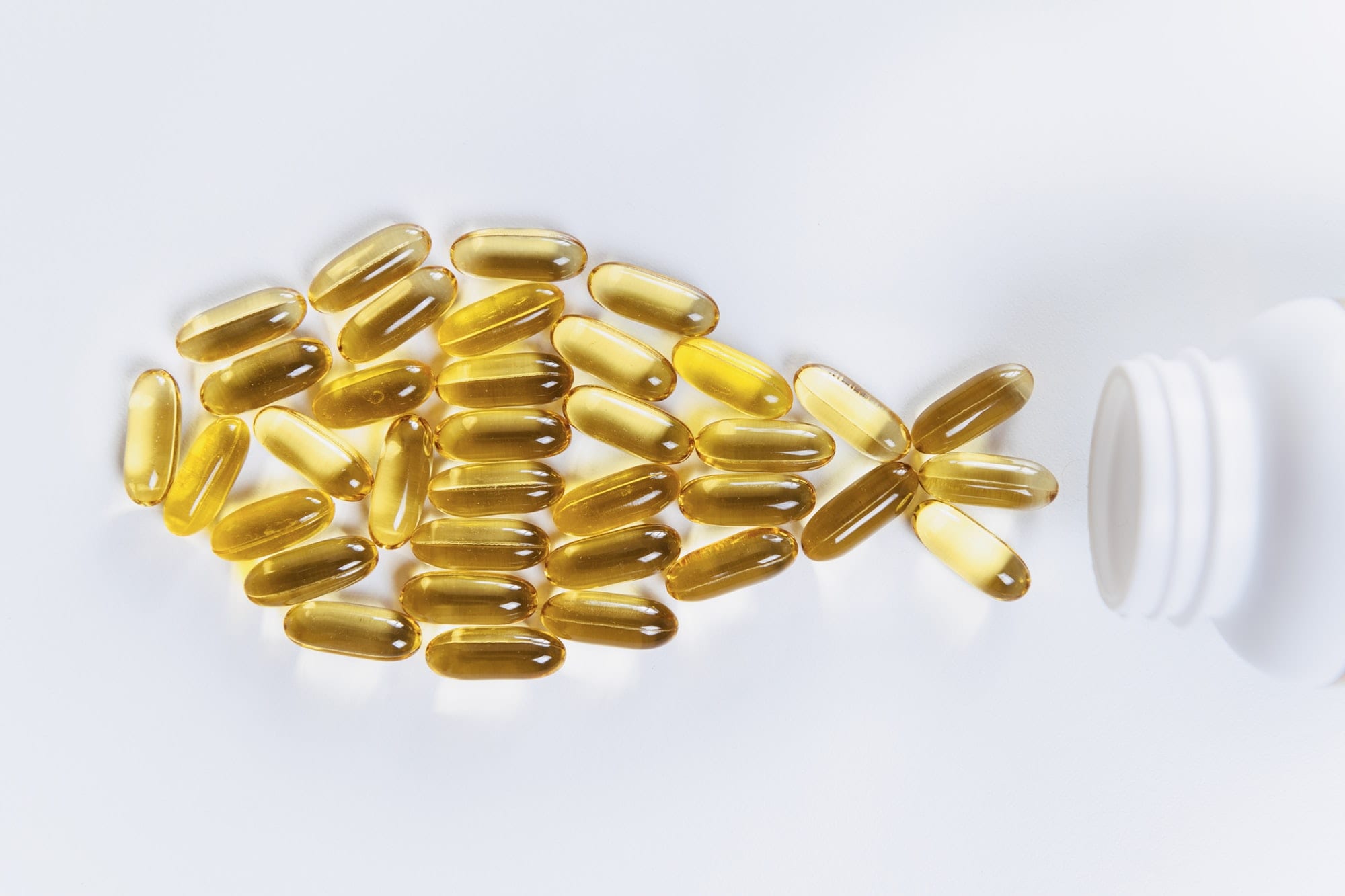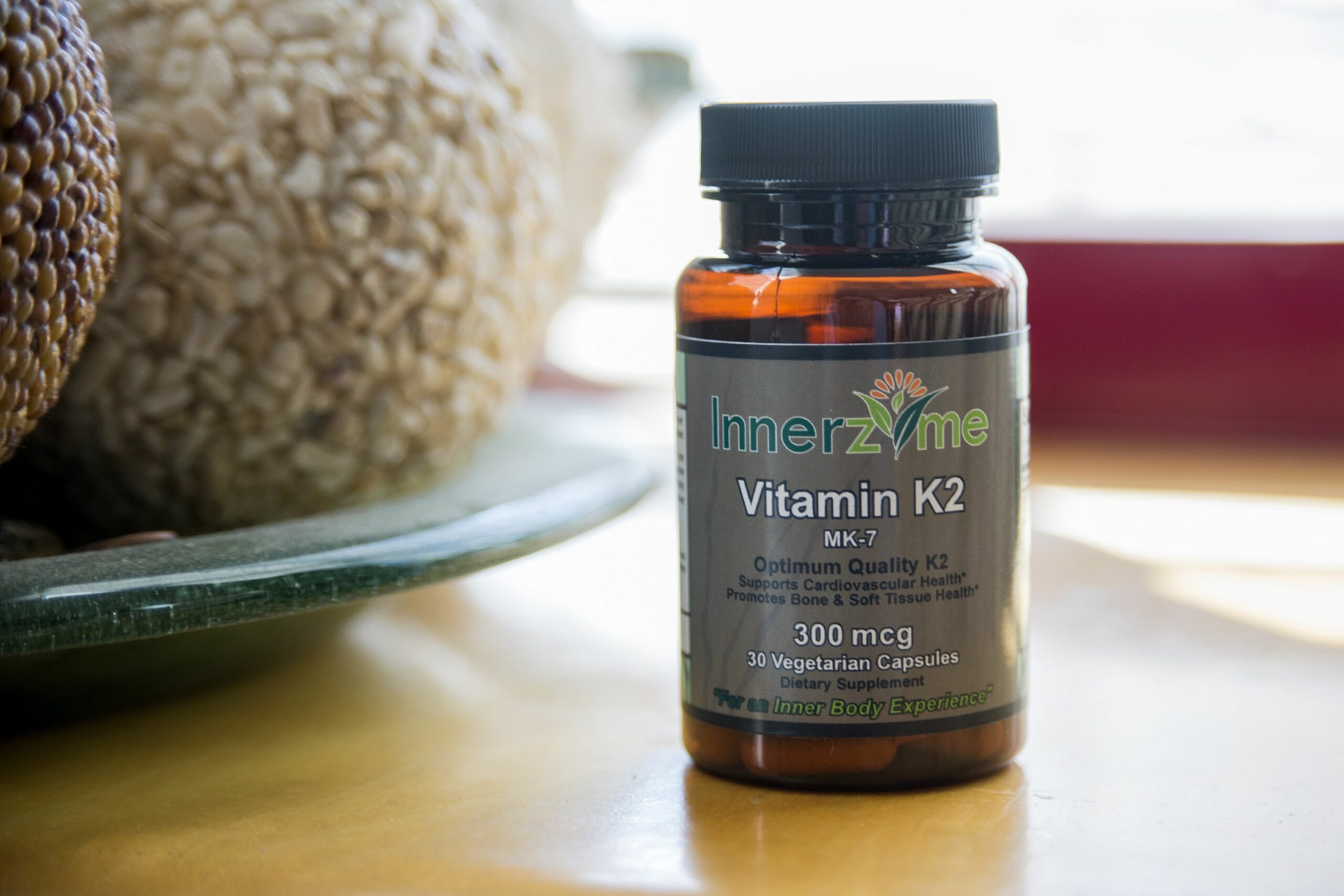introduction
Omega-3 fatty acids are essential fats that provide a multitude of health benefits, from supporting cardiovascular health to improving brain function. While fish and fish oil supplements are commonly associated with omega-3s, it’s important to know that there are vegan-friendly sources of these essential fatty acids. In this comprehensive guide, we will explore the numerous advantages of omega-3 fatty acids for vegans, their dietary sources, recommended intake, and the potential impact on key aspects of health.
Understanding Omega-3 Fatty Acids
Omega-3 fatty acids are a family of polyunsaturated fats known for their numerous health benefits. The three primary types of omega-3 fatty acids are:
- Alpha-linolenic acid (ALA): This is the most common type of omega-3 fatty acid found in vegan sources. ALA is an essential fatty acid, which means it must be obtained through the diet since the human body cannot produce it.
- Eicosapentaenoic acid (EPA): EPA is primarily found in marine sources, such as fatty fish. It plays a crucial role in reducing inflammation and supporting heart health.
- Docosahexaenoic acid (DHA): DHA is also predominantly found in marine sources and is essential for brain health, especially during pregnancy and early childhood.
For vegans, ALA is the most accessible and important source of omega-3s.
Benefits of Omega-3 Fatty Acids for Vegans
Heart Health
Omega-3 fatty acids, particularly ALA, play a pivotal role in maintaining cardiovascular health. They help reduce inflammation, lower blood pressure, and improve cholesterol levels. This can lead to a reduced risk of heart disease and stroke.
Brain Function
Omega-3 fatty acids are essential for optimal brain function. They are critical for maintaining cognitive health and have been associated with a lower risk of cognitive decline and neurodegenerative diseases, such as Alzheimer’s disease.
Eye Health
DHA, a type of omega-3 fatty acid, is a major structural component of the retina. It plays a crucial role in maintaining good vision and may help reduce the risk of age-related macular degeneration.
Mood and Mental Health
Omega-3 fatty acids have been linked to mood regulation and mental well-being. Adequate intake is associated with a reduced risk of depression and anxiety. Some research suggests that they may also help manage symptoms in individuals with existing mood disorders.
Inflammation and Immunity
Omega-3s possess anti-inflammatory properties, making them beneficial for individuals with chronic inflammatory conditions, such as rheumatoid arthritis. They can also support a robust immune system and reduce the risk of infections.
Skin Health
Omega-3 fatty acids contribute to skin health by helping maintain its moisture and integrity. They are commonly used to manage conditions like psoriasis and eczema.
Pregnancy and Early Childhood
During pregnancy and breastfeeding, omega-3 fatty acids, especially DHA, are crucial for the development of the baby’s brain and eyes. Vegan mothers can obtain adequate DHA from algae-based supplements.
Weight Management
Some studies suggest that omega-3 fatty acids may aid in weight management by improving the body’s ability to burn fat. They can also help reduce appetite, making it easier to control calorie intake.
Dietary Sources of Omega-3 Fatty Acids for Vegans
While marine sources like fish and fish oil are rich in EPA and DHA, vegans can obtain omega-3s primarily from ALA-rich plant sources. Here are some key vegan-friendly dietary sources of omega-3 fatty acids
- Flaxseeds: Flaxseeds and flaxseed oil are some of the richest sources of ALA. They can be added to smoothies, oatmeal, or used as an egg substitute in vegan baking.
- Chia Seeds: Chia seeds are another excellent source of ALA. They can be incorporated into puddings, overnight oats, or sprinkled on top of salads and yogurt alternatives.
- Hemp Seeds: Hemp seeds are a versatile source of ALA and can be added to smoothies, granola, or used as a salad topping.
- Walnuts: Walnuts contain a significant amount of ALA and can be eaten as a snack or added to a variety of dishes, including oatmeal, salads, and baked goods.
- Canola Oil: Canola oil is a cooking oil rich in ALA. It can be used for sautéing, baking, and salad dressings.
- Algal Oil Supplements: Algal oil supplements provide a direct source of vegan DHA and are a convenient option for those who may have difficulty meeting their omega-3 needs through dietary sources alone.
Recommended Intake
The recommended daily intake of omega-3 fatty acids for vegans varies by age, sex, and life stage. While there is no specific RDA for ALA, it is generally recommended that adults aim for at least 2.2 grams of ALA per day. For those who want to ensure optimal DHA intake, algal oil supplements can provide around 200-300 milligrams of DHA per day.
It’s important to note that individual requirements may vary, and it’s advisable to consult with a healthcare professional or registered dietitian to determine the appropriate intake, especially if you have specific health concerns or dietary restrictions.
Risks and Considerations
Vegans need to pay special attention to their omega-3 intake to ensure they meet their nutritional needs. While ALA is abundant in vegan foods, the conversion of ALA to EPA and DHA in the body is relatively inefficient. This underscores the importance of considering algal oil supplements to ensure adequate DHA intake, particularly for pregnant or breastfeeding vegans.
Additionally, it’s crucial for vegans to maintain a well-balanced diet that includes other essential nutrients like vitamin B12, iron, and calcium to support overall health. Consulting with a healthcare provider or dietitian can help address any potential nutrient deficiencies.
Conclusion
Omega-3 fatty acids offer a wide range of health benefits for vegans, supporting heart health, brain function, eye health, and much more. By incorporating ALA-rich plant sources like flaxseeds, chia seeds, and walnuts into your diet, along with the option of algal oil supplements, vegans can obtain the essential omega-3 fatty acids needed to maintain optimal health.
Understanding the benefits of omega-3 fatty acids and making informed dietary choices is essential for vegans to harness the advantages of these essential fats. By adopting a balanced and omega-3-rich vegan diet, you can optimize your health, reduce the risk of various health conditions, and enjoy the many benefits of these valuable nutrients.
- CBD Oil By 43cbd-The Ultimate Review of Top CBD Oil Brands - March 11, 2024
- The Comprehensive Guide to the Benefits of Vitamin A - October 31, 2023
- The Comprehensive Guide to the Benefits of Omega-3 Fatty Acids for Vegans - October 31, 2023




